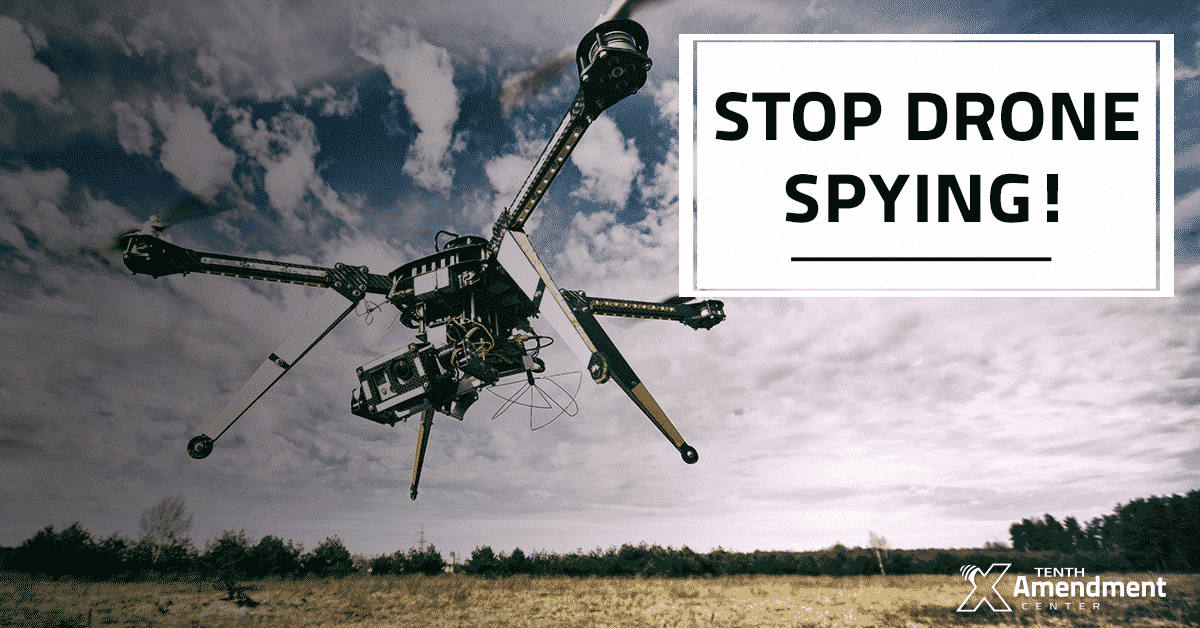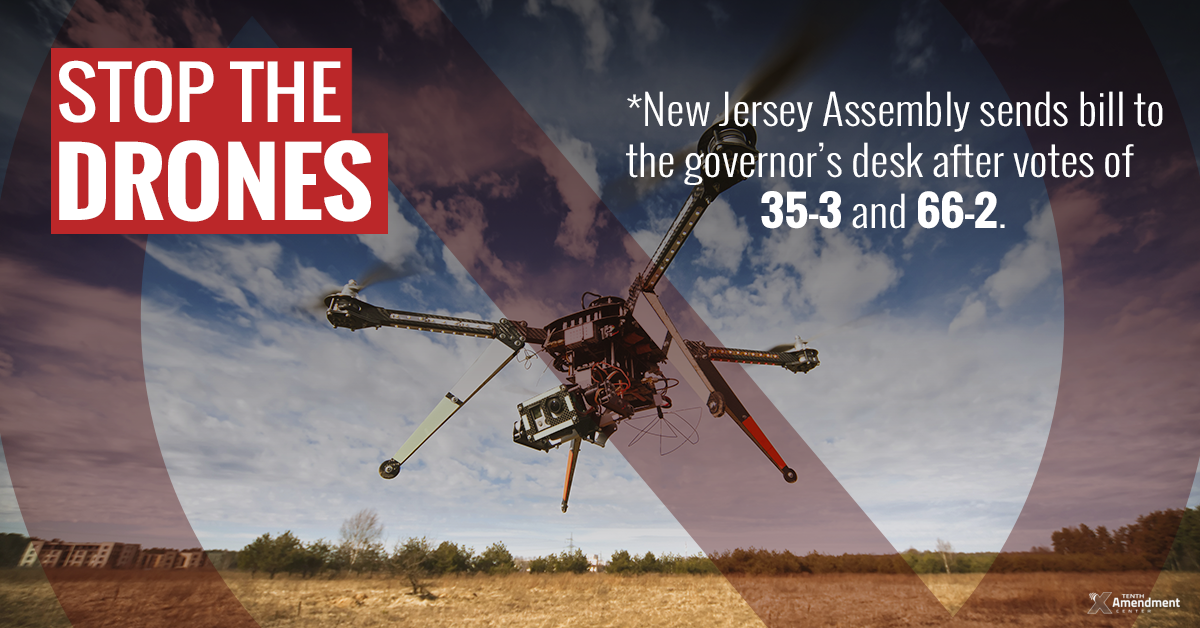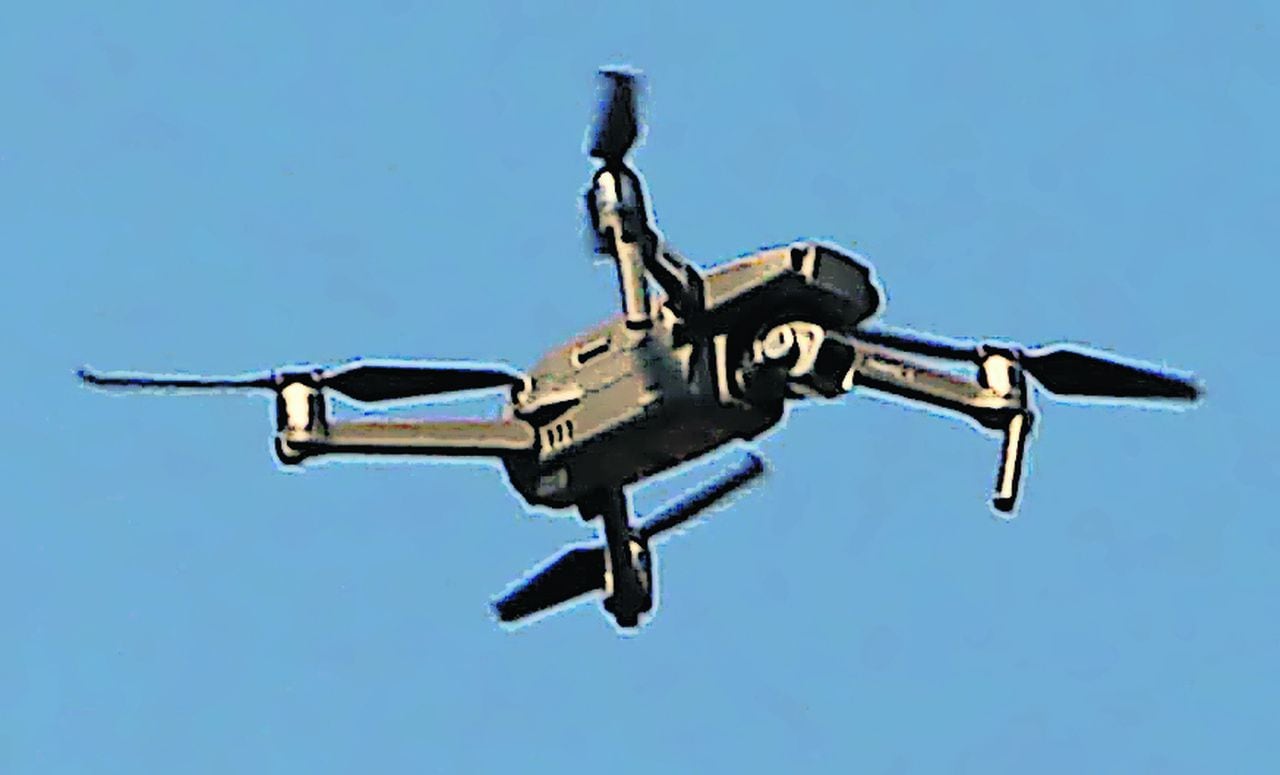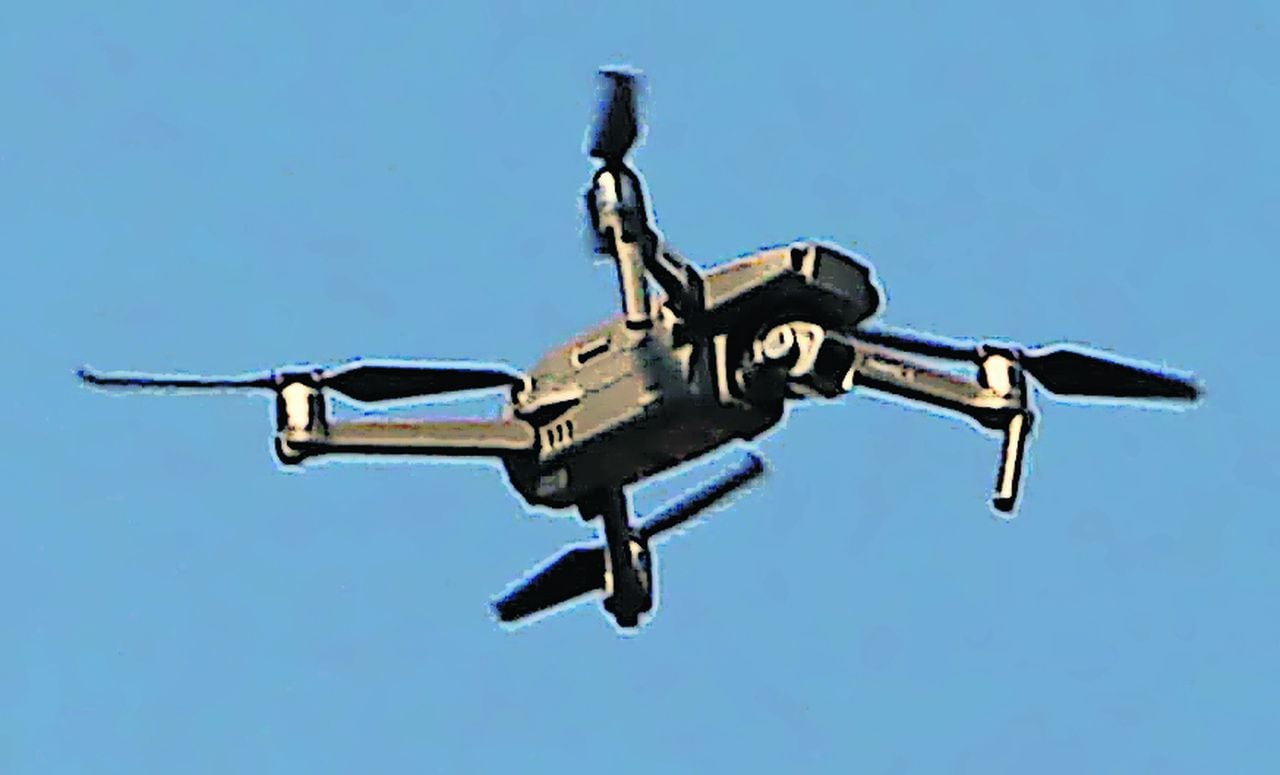Drones Over New Jersey Solved: This exploration delves into the complex world of drone regulation and incidents within the Garden State. We’ll examine the legal framework governing drone operation, analyze successful resolutions of various drone-related incidents, and explore technological solutions aimed at enhancing safety and security. The journey will also consider public perception and the future trajectory of drone usage in New Jersey, highlighting both challenges and opportunities.
From unauthorized surveillance to accidental crashes and even instances where drones assisted in crime-solving, we’ll uncover a diverse range of scenarios. The discussion will cover the legal ramifications of violating drone laws, including potential penalties and comparisons with neighboring states. Technological advancements in drone detection and neutralization will also be analyzed, considering their effectiveness, costs, and limitations. Finally, we’ll examine strategies to improve public awareness and responsible drone operation, paving the way for a safer and more regulated future for drones in New Jersey.
Drone Operations in New Jersey: A Comprehensive Overview: Drones Over New Jersey Solved
The increasing prevalence of drones in New Jersey necessitates a clear understanding of the legal framework governing their operation, the types of incidents they are involved in, and the technological solutions being implemented to address related challenges. This overview examines these aspects, providing insights into current regulations, solved cases, technological advancements, public perception, and future prospects for drone regulation and enforcement in the state.
The recent concerns regarding unauthorized drone activity over New Jersey appear to be resolved. Improved surveillance techniques, possibly including systems similar to the high-resolution capabilities offered by a port dover camera , are likely contributing factors. This enhanced monitoring should ensure the continued safety and security of New Jersey airspace.
New Jersey Drone Laws and Regulations

New Jersey’s drone regulations align with federal guidelines established by the Federal Aviation Administration (FAA), while also incorporating state-specific provisions. These laws primarily focus on safety, privacy, and security. Operating a drone within New Jersey requires adherence to FAA rules regarding registration, certification, and operational limitations, including airspace restrictions near airports and sensitive areas. State-specific laws may further restrict drone operations in certain locations or under specific circumstances, such as near critical infrastructure or during emergencies.
Penalties for violating drone laws in New Jersey can range from warnings and fines to more serious consequences, including jail time depending on the severity of the violation. For example, unauthorized surveillance or reckless operation could result in substantial penalties. The specific penalties are often determined by the nature of the violation and the jurisdiction involved (state or federal).
Compared to neighboring states, New Jersey’s drone laws are generally consistent with the national standards set by the FAA. However, specific regulations regarding permitted flight altitudes, operational hours, or airspace restrictions might differ slightly. For instance, some neighboring states may have stricter rules regarding drone operation near public events or densely populated areas.
Hypothetical Scenario: Imagine a drone operator flying a drone illegally over a private residence to capture images without the owner’s consent. This would constitute a violation of privacy laws and could lead to significant fines, civil lawsuits, and even criminal charges. The severity of the penalties would depend on factors such as the intent of the operator, the nature of the images captured, and any resulting harm or damage.
The recent concerns regarding unauthorized drone activity over New Jersey appear to be resolved. This highlights the importance of reliable real-time monitoring systems, similar to the advanced technology used in coquihalla weather camera which provides crucial visual data for monitoring conditions. Such technological advancements are crucial in addressing various surveillance and safety needs, ultimately contributing to better solutions for drone-related issues in New Jersey and elsewhere.
| Regulation | Description | Penalty | Relevant Statute |
|---|---|---|---|
| FAA Registration | All drones weighing over 0.55 pounds must be registered with the FAA. | Fines and potential legal action. | 49 U.S. Code § 44801 |
| No-Fly Zones | Prohibition of drone operation near airports, critical infrastructure, and other restricted airspace. | Fines, imprisonment, and potential civil lawsuits. | FAA regulations and state-specific laws. |
| Privacy Violations | Unauthorized surveillance or recording of individuals without consent. | Fines, civil lawsuits, and potential criminal charges. | State privacy laws. |
| Reckless Operation | Operating a drone in a manner that endangers people or property. | Fines, imprisonment, and potential civil lawsuits. | State and federal laws. |
Solved Drone-Related Incidents in New Jersey, Drones over new jersey solved
Various drone-related incidents have been successfully resolved in New Jersey, demonstrating the effectiveness of investigative techniques and the evolving role of drone technology itself in solving crimes and emergencies.
- Illegal Surveillance: A case involved the successful apprehension of an individual using a drone to illegally surveil a private property. Law enforcement utilized video footage from the drone and witness testimonies to identify and prosecute the offender.
- Drone Crashes: Several incidents involving drone crashes have been investigated and resolved, often leading to improved safety guidelines and regulations. Investigations typically involve examining the drone’s flight data recorder, interviewing witnesses, and analyzing weather conditions.
- Crime Solving: In some instances, drones have assisted law enforcement in crime investigations by providing aerial footage of crime scenes, tracking suspects, or locating missing persons. This has significantly enhanced investigative capabilities.
- Emergency Response: Drones have proven useful in emergency situations, such as search and rescue operations, by providing real-time aerial surveillance and assisting first responders in assessing the situation.
Technological Solutions for Drone-Related Problems

Several technological solutions are being employed to mitigate drone-related challenges in New Jersey. These solutions focus on detection, tracking, and neutralization of unauthorized drones.
| Technology | Description | Advantages | Disadvantages |
|---|---|---|---|
| RF Detection Systems | These systems detect the radio frequencies used by drones to communicate with their controllers. | Relatively inexpensive, can detect drones at long ranges. | Can be susceptible to interference, may not identify all types of drones. |
| Radar Systems | Radar systems use radio waves to detect and track moving objects, including drones. | Can detect drones in various weather conditions, provides accurate location data. | High cost, complex installation and maintenance. |
| AI-powered Video Analytics | Cameras combined with AI algorithms can identify and track drones in real-time. | High accuracy, can distinguish between drones and other objects. | Requires significant computational power, high initial cost. |
| Drone Jammers | These devices disrupt the radio signals used by drones, forcing them to land. | Effective in neutralizing unauthorized drones. | Can interfere with other electronic devices, legal and ethical considerations. |
Public Perception and Awareness of Drones
Public perception of drones in New Jersey is mixed, reflecting concerns about privacy, safety, and security alongside recognition of their potential benefits. Many residents are concerned about the potential for unauthorized surveillance and the risks associated with drone crashes. However, there is also growing awareness of the positive applications of drones in various sectors, including law enforcement, emergency response, and infrastructure inspection.
A public awareness campaign could address these concerns by providing clear information on responsible drone operation, emphasizing the importance of adhering to regulations, and highlighting the benefits of drone technology while mitigating potential risks. An infographic could visually represent safe drone operation practices, legal requirements, and emergency contact information. The infographic would use clear icons and concise text to convey key messages effectively.
Future of Drone Regulation and Enforcement in New Jersey

The future of drone regulation and enforcement in New Jersey will likely involve adaptations to address technological advancements and evolving societal needs. This includes anticipating the impact of autonomous drones, drone delivery services, and the integration of drones into various sectors.
- Increased use of AI-powered drone detection and tracking systems.
- More stringent regulations regarding data privacy and security related to drone operations.
- Development of standardized licensing and certification procedures for drone operators.
- Integration of drone technology into emergency response and infrastructure management systems.
- Establishment of designated drone flight corridors and zones for safe and efficient operation.
In conclusion, the issue of drones over New Jersey, while presenting challenges, also reveals opportunities for technological advancement and improved public safety. By understanding the legal landscape, implementing effective anti-drone technologies, and fostering responsible public awareness, New Jersey can navigate the complexities of drone integration and ensure a secure environment for its citizens. The ongoing evolution of drone technology necessitates a dynamic approach to regulation and enforcement, ensuring a balance between innovation and safety.
A collaborative effort between lawmakers, law enforcement, drone operators, and the public is crucial for navigating this evolving landscape effectively.
Helpful Answers
What is the FAA’s role in New Jersey drone regulation?
The FAA sets national standards for drone operation, while New Jersey supplements these with state-specific regulations.
Can I fly a drone at night in New Jersey?
Night flights are generally restricted unless specific exemptions or permits are obtained.
What are the penalties for reckless drone operation?
Penalties can range from fines to criminal charges depending on the severity of the violation.
Where can I find a comprehensive list of New Jersey drone laws?
Consult the New Jersey State Police website and the FAA’s website for detailed information.
